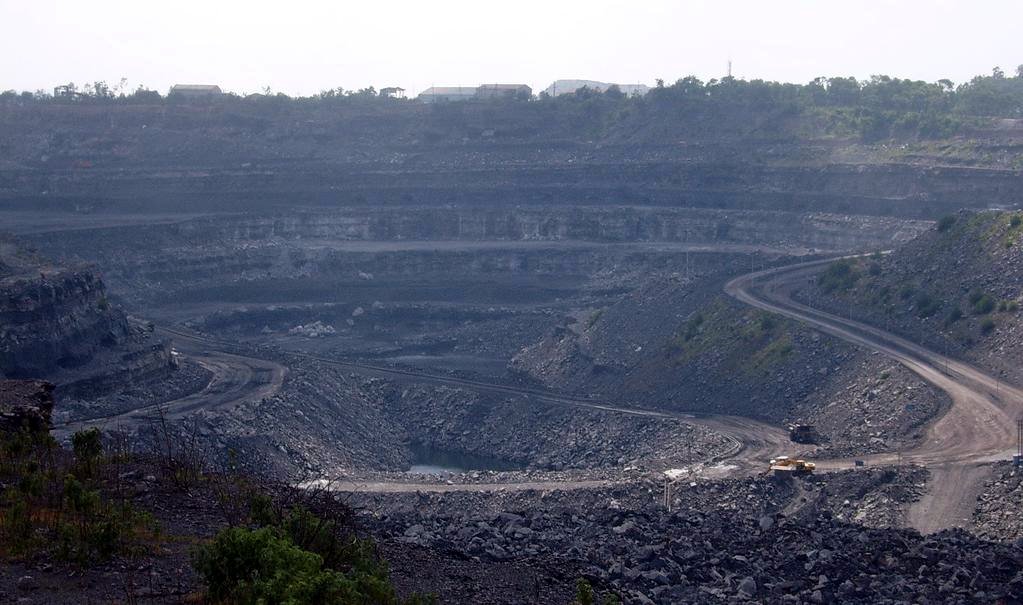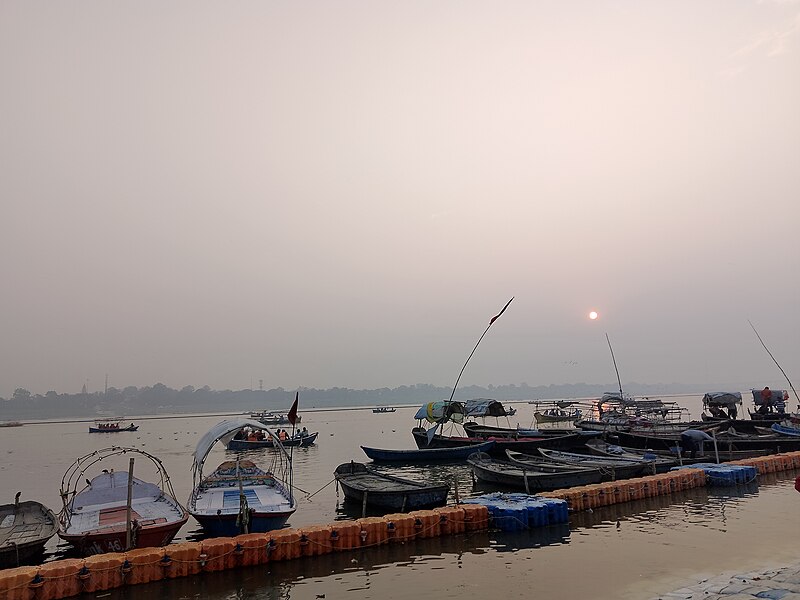Mines auction: Govt hauls itself over the coals
Ravi Shanker Kapoor | March 28, 2015 2:09 pm

The Narendra Modi government’s decision to annul the allotment of two coal mines to Jindal Power Ltd (JPL) and one to Balco in Chhattisgarh does not augur well for industrialization and business climate. What makes the annulment particularly bad is the fact that the JPL promoter, Naveen Jindal, is a Congress leader; this makes the government vulnerable to the attack that the decision is politically motivated, something which invariably has a dampening effect on investor sentiment.
The Delhi High Court has already made its displeasure evident. “This does not smack of fairness. Prima facie we feel that it is wrong,” a Bench of Justices Badar Durrez Ahmed and Sanjeev Sachdeva said. The court was responding to Additional Solicitor General P.S. Narasimha’s argument that the Coal Ministry had the right to take such a decision.
A reason cited was that other mines have fetched far more than these two mines. “This is like comparing apples to oranges,” the Bench said. There are many problems with the government’s argument. First, it is unwise to compare the lucrativeness of one mine with another; the court also pointed that out. This was the reason that bid Rs 1,585 per tonne for the Gare Palma IV/1, while JPL’s bid was Rs 108 per tonne. Obviously, Balco executives are not fools that they are willing to pay almost 15 times.
This brings us to the second point: the allotments are by way of competitive bidding and not negotiated deals; the latter can involve an element of discretion. Had other companies found more worth in the coal mines for which JPL and Balco made bids, they would have offered higher bids.
Two facetious issues have also been raised by the government—of fair value and cartelization. Now, there is no such thing as fair value; there is only one value, that which somebody in the market is willing to pay. There is only a market rate, and even that is not available all the time. Anybody who has sold a landed property knows that; it may take months, even years, for the seller to dispose of real estate, and yet one may not get the market price.
The bugbear of cartelization is also the result of anti-business biases. If a businessman offers to buy a national resource at a lower price, he is accused of cheating the exchequer; if he offers a price at par with the competition, he is part of a cartel; if he is willing to pay more, he wants to monopolize the market to fleece the people in future. In any case, he is damned.
In the present instant, there is not even a hint of cartelization, as the Delhi High Court said: “There is no evidence, absolutely no evidence of cartelization. JPL and Balco participated and won the blocks fair and square. Why does government not name and shame all those involved in cartelization, if it is suggesting so?”
The court is absolutely right: why not penalize felony? Instead of taking arbitrary decisions based on the nebulous concept of cartelization, the authorities should prosecute the wrongdoers.
When Modi assumed office, it was expected that his government would end the policy paralysis, adhocism, and whimsicality that the previous regime had inflicted on the economy. But cancelling successful bids, won by way of auction, would amount to injecting unwarranted state intervention into the economy.
The rejection of JPL’s bid will badly affect the load factor of Jindal Steel’s power plants in Chhattisgarh, JPL chief executive Ravi Uppal said in a television interview. “The present government is working so hard to see all the stalled projects become functional. Here we have a project which is functioning and I see no reason that anything should be done which will cause a functioning project to become a stalled project,” Uppal told ET Now.
With the Delhi High Court questioning the government’s action in no uncertain terms, it is likely that the mines would be restored to JPL and Balco (The same happened in the recent case of Section 66A, when the apex court had made many observations against the draconian provision. The government refused to take the hint and face humiliation in the end). Would then the government move the Supreme Court? Does it want Indian companies to become the best litigators?
The best course for the government is to reverse its decision, make virtue out of necessity, and allow JPL and Balco to take the coal mines that they have won in the auction.






























